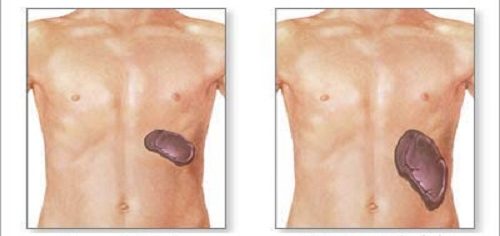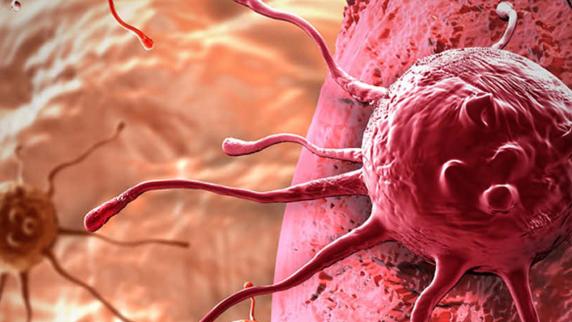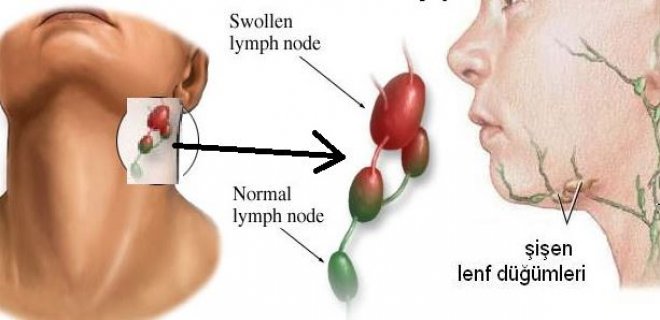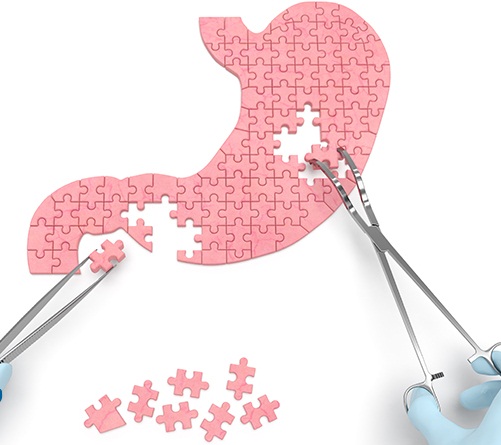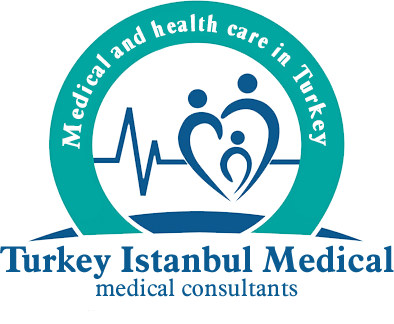Splenomegaly
What is Spleen Growth?
The spleen is an organ located at the back of the stomach under the left abdomen. It protects the body from infected cells and cleanses the blood from harmful microorganisms. The weakening of the immune system causes damage to the spleen. Also, the side effects of some drugs, diseases such as blood cancer, lymphoma and cirrhosis, prepare the environment for the growth of the spleen. As the spleen grows, some complications occur in the body.
Mixes with stomach symptoms or stomach pain or appendicitis at first. However, as splenic growth is kept waiting, it prepares the ground for some chronic diseases. For this, the patient should be seen by a specialist as soon as the symptoms appear. Spleen enlargement together with serious health problems such as anaemia prepares the ground.
The rate of haemoglobin decreases unless you clear the infection and remove it from the body. Anaemia is experienced as iron absorption is not provided sufficiently. The person feels tired and painful all the time.
What Are The Symptoms Of Spleen Growth
- No symptoms in some cases
- A pain or weight spread from the left upper abdomen to the left shoulder
- Bloating on the stomach after eating or before eating
- Anaemia
- Fatigue
- Frequent infection
- Rapid and rapid bleeding
- Large lymph nodes
- Fire
- Sweating and tremor
- Weight Loss
- A swollen belly
- Chest pain and pressure
- Cough and shortness of breath
What Happens if Spleen Enlargement is Not Treated?
Spleen enlargement can cause many diseases if left untreated. It leads to serious anaemia, diseases caused by some microbes more quickly and decreases resistance to these diseases, and will cause many diseases to progress, such as inflammatory diseases.
Diagnosis of Spleen Growth?
It is usually determined by a doctor’s examination. The doctor may suspect another illness. You can look for clues for another disease. It will be very difficult to feel as it is under the rib. However, it is immediately noticeable in very weak people. As the spleen grows, it reaches the abdominal area. Spleen enlargement is hardly felt in obese patients. Spleen enlargement is sometimes understood by X-ray or MRI.
How to Treat Spleen Growth?
- In spleen enlargement, the treatment process focuses on the underlying problem of the growing spleen. For example, if you have a bacterial infection, the treatment will include antibiotics.
- Another reason is no symptoms. If no symptoms are observed after the necessary controls, the spleen is asked to be kept under control for 6 to 12 months.
- Spleen removal may occur. If an enlarged spleen causes serious complications or if the cause cannot be identified or treated, the possibility of surgical removal of your spleen (splenectomy) may be discussed. Removal of the spleen is a treatment modality with a high prospect of surgical recovery in chronic or critical situations.
- You can accelerate the healing process by preserving the damaged condition of your spleen by avoiding some contact and impact sports such as football.
- Another method that looks small but concerns your spleen with your whole body is to wear a seat belt in the car. With this method you can protect your spleen from all the impacts you can get small or big.
Lymph Cancer (Lymphoma)
What is Lymph Cancer?
Doctors are not sure what causes lymphoma. Lymphoma is a type of cancer that begins in lymphocytes (T cells or B cells). These are white blood cells that fight diseases that are part of the immune system. An abnormal number of lymphocytes occurs in the lymphoma, lymph nodes, lymph vessels and other organs of the body.
Lymphoma is the cancer of the lymphatic system, the body’s network of fighting microbes.
The lymphatic system includes the lymph nodes, spleen, thymus gland and bone marrow. Lymphoma can affect all these and other organs in the body.
What are the Types of Lymph Cancer?
There are many types of lymphoma. The main categories are:
- Hodgkin’s lymphoma
- Non-Hodgkin’s lymphoma
Which treatment is best for you depends on the type and severity of lymphoma. Lymph Cancer Treatment may include chemotherapy, immunotherapy drugs, radiation therapy, or bone marrow transplantation.
What are the Symptoms of Lymph Cancer?
Signs and symptoms of lymphoma include:
Enlarged lymph nodes that can occur at any point in the body but are often seen in the neck, armpits or groin
- Weakness
- Fire
- Night sweats
- Shortness of breath
- Weight Loss
What are the Causes of Lymph Cancer?
Doctors are not sure what causes lymphoma.
Lymphoma occurs when a white blood cell that fights diseases called lymphocytes develops a mutation in the genetic code. This mutation leads to many diseased lymphocytes that continue to proliferate, telling the cell to proliferate rapidly.
Mutations also allow these cells to survive while other cells die. This causes a large number of diseased and ineffective lymphocytes to be found in your lymph nodes and swelling of the lymph nodes.
Diagnostic Methods
If the growing lymph node and other signs indicate lymphoma, a detailed physical examination is performed after taking the individual’s disease and family history. The neck, armpits, elbows, groin and back of the knee are examined for the presence of enlarged lymph nodes. The spleen and liver can also be examined for possible growth. Then, some tests that can be performed to confirm the diagnosis and to detect the spread of cancer are as follows:
Blood Tests
Complete blood count and biochemical examinations (such as LDH, uric acid).
Lung Film
Possible lymph gland size and other problems are being investigated.
Biopsy
The growing lymph node needs partial or complete removal, if possible. Since needle biopsies are generally unlikely to give a healthy result, if there is a suspicion of lymphoma, a pathologist must examine the entire lymph node, if this is not possible. Bone marrow biopsy can also be performed to determine the extent of the disease.
Computed Tomography
The neck, lung and the entire abdomen can be examined in detail by computed tomography.
Treatment Methods
Factors affecting the treatment decision in lymphoma; type of lymphoma, stage of the disease, growth and spread rate, age of the patient, other health problems of the patient.
In some types of lymphomas that progress slowly and have no symptoms, the patient is regularly checked for disease progression, the emergence of symptoms and the need for treatment. In slow-progressing lymphomas with symptoms; chemotherapy, biological treatments (monoclonal antibodies) and radiotherapy.
Chemotherapy and biological (monoclonal antibodies) treatments are generally preferred for the treatment of rapid course lymphoma. If necessary, radiotherapy can be added to the treatment.
Treatment methods used when the disease is resistant to treatment or recurrence occurs after treatment; chemotherapy, biological treatments, radiotherapy, high-dose treatment, and stem cell or bone marrow transplants.
After lymphoma treatment is completed, patients are followed up to 5 years for the possibility of recurrence, with the first 2 years being more frequent.
Lifestyle changes such as smoking, drinking away from harmful habits like regular exercise and consuming healthy foods are recommended at the point of prevention from lymphomas.

